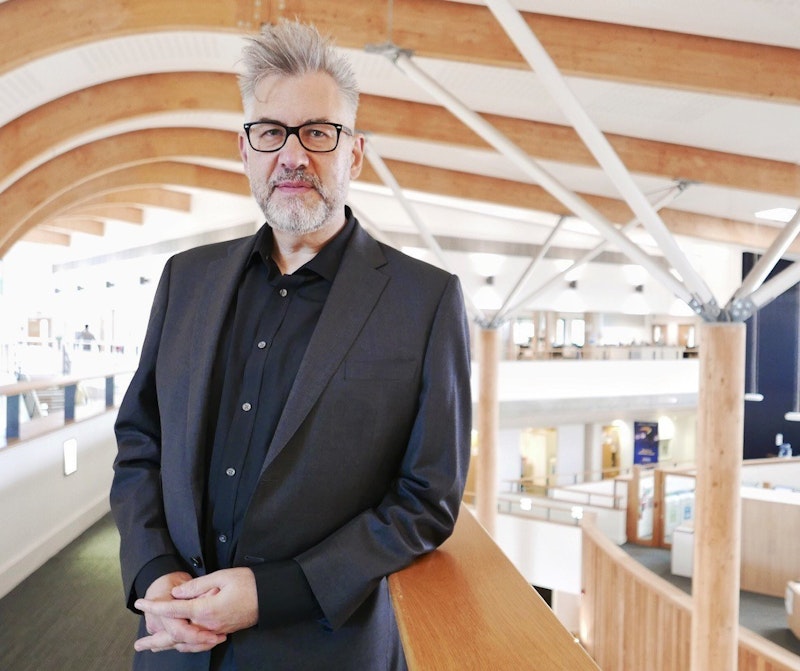New Towns for new times
With the need for more housing front and centre of election debates, could New Towns be the answer? Victor Nicholls and Dr Emma Street respond to the current upsurge in interest for our Ballot Box series.

With the general election campaign in full swing, both major parties are leading on different ways to tackle the challenge of meeting housing needs.
The Conservatives have unveiled plans to increase the threshold for Stamp Duty for first time buyers, as well promoting a new generation of locally-led urban development corporations. Labour plan a wide range of initiatives including major reform of the planning system, reviewing the Green Belt, and devolving planning powers. But our interest was piqued by Labour’s proposal to build a new generation of New Towns, “inspired by the legacy of the 1945 Labour government”.
What is a New Town?
The New Town Act in 1946 was an ambitious piece of post-war planning legislation that led to the development of 32 brand new towns in the UK. New Towns were designed to offer residents a good quality of life with an emphasis on self-sufficiency – they were built to be walkable and include local employment opportunities.
Typically, they featured extensive areas of green space and modern, spacious family housing and community facilities. The programme is seen as one of the world’s most ambitious town planning experiments, and today, around 2.8 million people live in the UK’s New Towns.
Challenges facing New Towns
Over the past nine years, we have been researching one of these places – Bracknell - with specific focus on its recent regeneration. As a New Town we found that Bracknell faced unique challenges, and any new similar plans need to ensure future longevity is at the heart of their development.
New Towns were built quickly over a much shorter period of time than the organic growth seen in established or historic towns and cities, and so their architecture and infrastructure ages at the same time. This presents problems of renewal at a town centre-wide scale.
Bracknell faced major hurdles in securing funding and in devising a scheme that would be financially viable, especially after the Global Financial Crisis and ensuing austerity in the UK. In particular, the quality of the town centre buildings constructed in the post-war period was not high. Repurposing (currently very much in fashion) was simply impossible. And yet, Bracknell New Town centre was renewed successfully.
Sustainable development
New Towns are huge projects. The first UK New Towns are now in their mid 70s. The people who planned and delivered them are long-retired. If a new government is serious about a fresh wave of New Towns as one way to meet our national housing needs, then we would urge policy makers to learn from the wealth of knowledge which we (and others) have built up.
We understand the Labour Party’s ambition – and the national need - to reform the planning system. But these changes take a long time. The process is frequently contested, with the very real risk of becoming tied up in legal and political challenges. If the government wants to see housing delivered speedily, then we need to work better within the current planning framework, in parallel with a review of the system.
New development (including New Towns) is entirely possible under the current system but needs to be adequately resourced with committed professionals, sufficient capacity, and the right skills. It is not sufficient simply to provide “bodies and budgets”. Those involved in promoting New Towns need to have the right behaviours, attitudes, and values. These include the ability to thrive in partnership-working situations, having well-honed communication skills, and being able to manage risk skilfully. The right people in the right teams working in effective, empowered structures will help to deliver the new generation of New Towns.
Our research suggests that a new wave of New Towns can be inspiring projects to work on. They can provide successful new communities and create inspiring places. And, done properly, they can make a real contribution to meeting the country’s housing need.
Previous article in The Ballot Box series: In politics and Beyond: How to build a robust personal leadership brand




